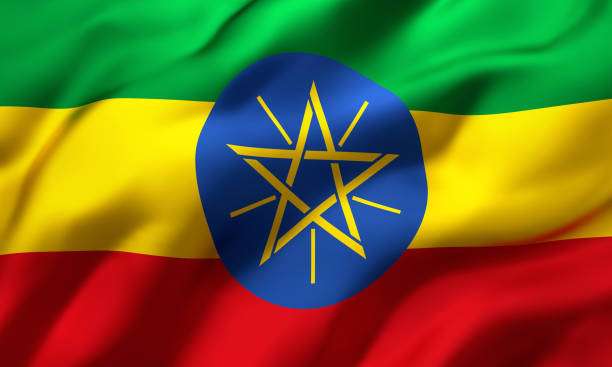Journalists play a crucial role in informing citizens and shaping public opinion in Ethiopia. However, in recent years, the proliferation of disinformation and hate speech has become a significant challenge. The surge in disinformation is undermining social cohesion, promoting conflict, and leading to growing threats against journalists and human rights defenders.
Accordingly, it is crucial to conduct fact-checking training for Ethiopian journalists so as to safeguard the integrity and reliability of journalism in the country. A number of Ethiopian journalists have undergone training in understanding disinformation and hate speech. However, most of them lack practical skills in conducting fact-checking. It is against this background that, in May 2024, CIPESA organised a fact-checking and ethical reporting workshop for 20 Ethiopian journalists in the capital Addis Ababa.
Two months later, journalists and media development actors point to the benefits of that training.
“The fact-checking and verification training was crucial for Ethiopian journalists and content producers, as it provided them with valuable tools to combat daily misinformation and produce reliable news stories,” notes Kirubel Tesfaye, one of the experts that conducted the training. “The training equipped them with the most essential and current tools in the industry, allowing them to produce credible and trustworthy news and reports.”
By equipping journalists with fact-checking skills, they can serve as gatekeepers of truth, helping to counter disinformation and to ensure that accurate information reaches the public. Ethiopia has experienced an explosion in disinformation over the last five years, with the armed conflicts which have plagued the country being key drivers of disinformation.
Selam Mulugeta, a journalism lecturer at Addis Ababa University who participated in the training, enumerates the benefits of the fact-checking training. “One of the most important things was to learn how to recognise dis/misinformation on different websites and social media sites, and to learn [about] fact-checking tools to debunk disinformation,” she says. She adds that after gaining fact-checking knowledge, journalists will contribute to minimising the amount of false information in the public domain. This will in turn lessen the harms of disinformation.
According to Konjit Zewdie of NBC TV, there is a need for more practical training workshops focussed on fact-checking as there is a dire shortage of fact-checking skills among journalists amidst the deluge of illegal and harmful content, including hate speech. She says the training was crucial in capacitating journalists to identify sources of disinformation and to use various fact-checking tools.
Konjit notes that Ethiopian journalists are often unable to get reliable information from concerned bodies, which presents a challenge for fact-checking. The training gave the journalists alternative ways of verifying information even when they face blockages in accessing information from official sources.
“The training added great value to the journalists because it covered several topics with practical exercises, from the basics of fact-checking to advanced fact-checking techniques. The participants gained insights into the motivations behind the sharing of disinformation, the actors responsible, and the tactics employed by them. Furthermore, the training highlighted prevalent disinformation trends in Ethiopia and provided participants with online tools and techniques to effectively combat disinformation.” – Kirubel Tesfaye, fact-checking trainer
The May 2024 training built on an earlier one CIPESA conducted in November 2023 that equipped 21 Ethiopian journalists, bloggers, and activists with knowledge to navigate the country’s law on hate speech and disinformation and skills to call out and fight disinformation and hate speech.
Mulugeta says that by honing their fact-checking skills, journalists are better positioned to deliver factual information and live up to their duty as mouthpieces of the masses. Moreover, journalists and content creators would become more responsible and accountable for the content they create, and play a role in developing media literacy among the general population.
Tiblets Tesfaye, a senior journalist with Wazema Media, said the training “offered significant value by equipping journalists and content creators with essential skills to identify and correct misinformation, fostering a culture of accuracy and ethical reporting”.
According to her, the training also enhanced the journalists’ ability to recognise and mitigate hate speech, thereby contributing to more reliable and responsible media practices that support social cohesion and peacebuilding in the country. Tesfaye adds: “The benefits are huge because most social media influencers are based in Addis Ababa, but it would be good to extend this training to regional cities as well.”
See more about the training focus here.

